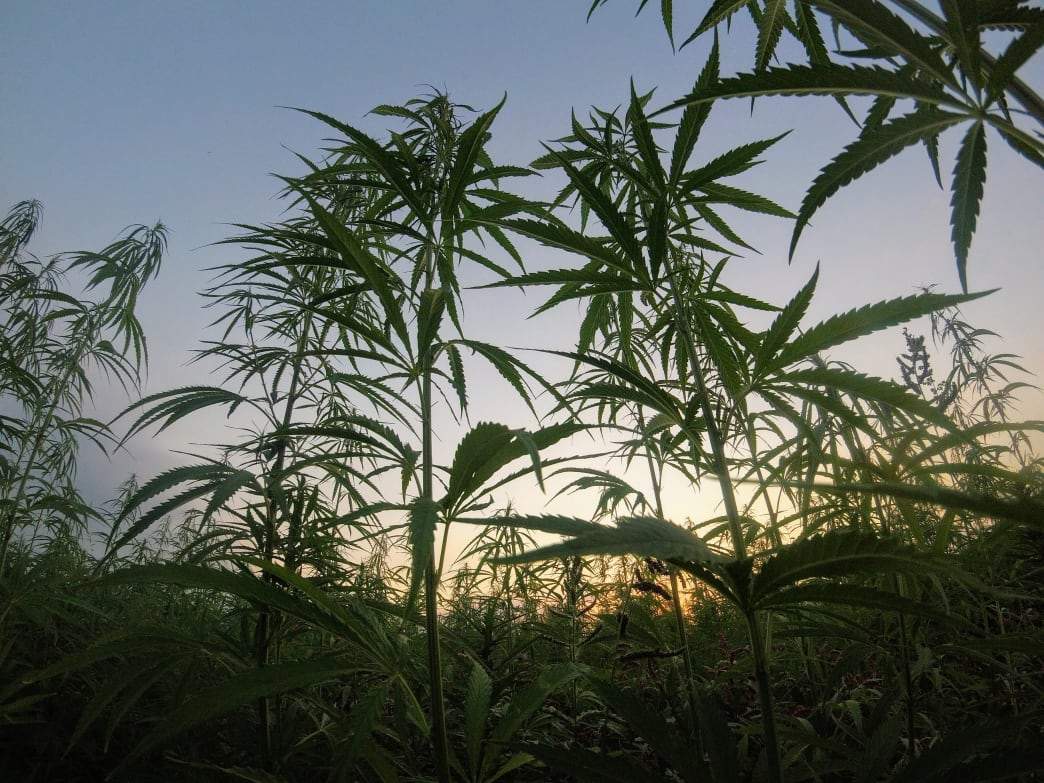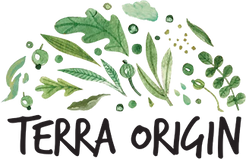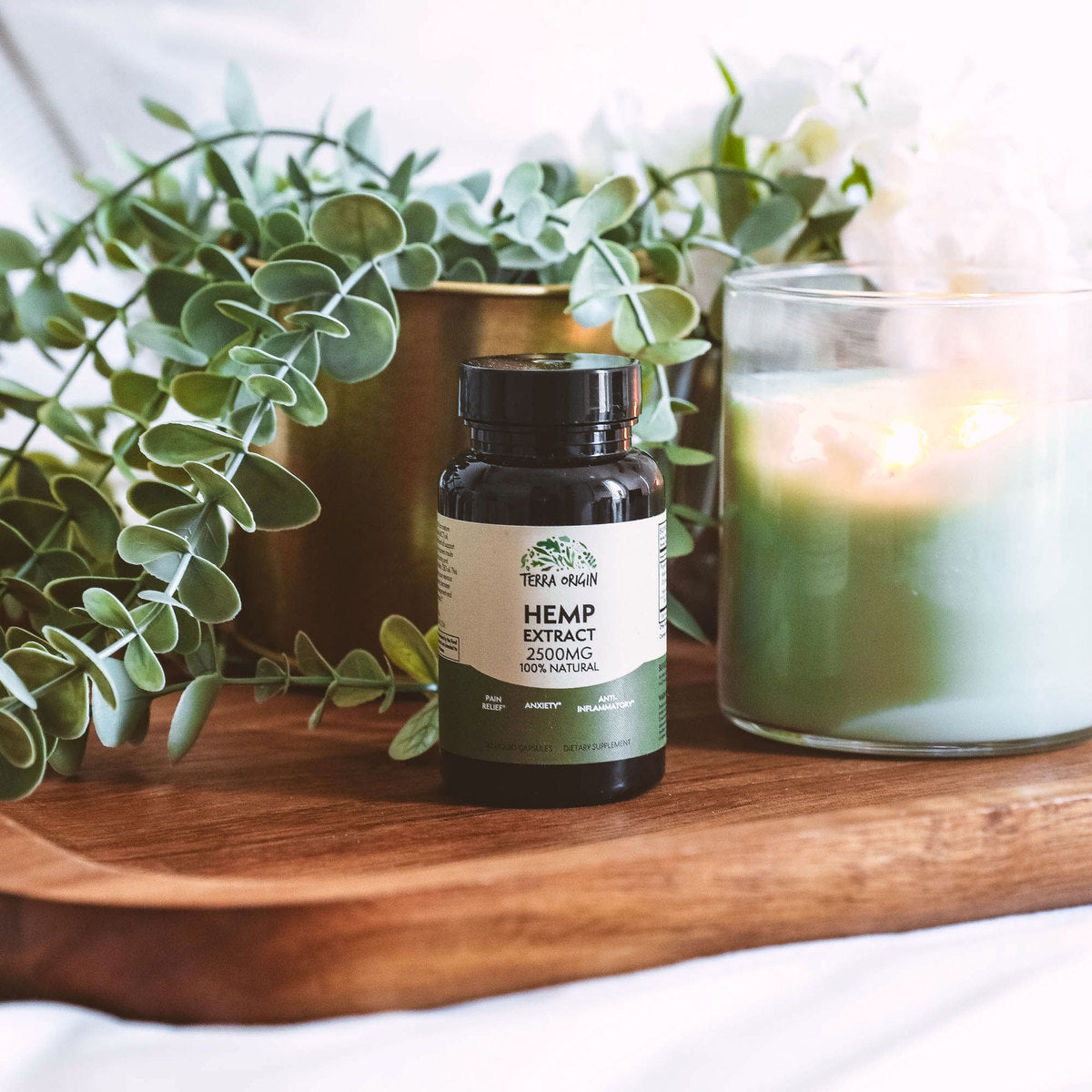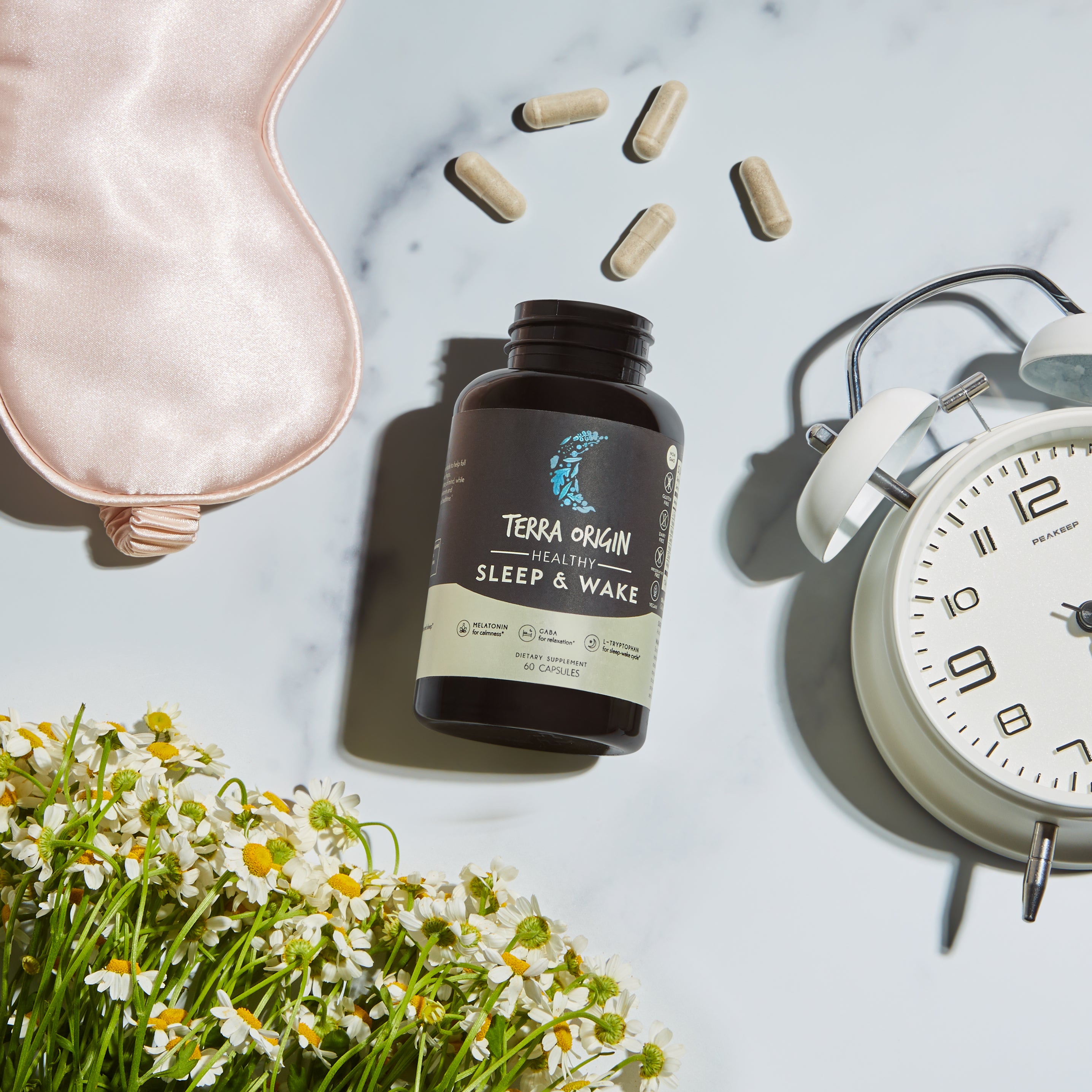What is the Difference Between Hemp Oil, Hemp Extract, and CBD?

It’s no surprise that people are confused about the infusion of products derived from the cannabis plant. There’s been almost a perfect storm created by the legalization of marijuana in many states alongside the fast rise of hemp-based health products. When you see CBD advertised at the gas station, you know it’s reached the mainstream. But how many people really understand what these products are, let alone how they can improve your health? You may be surprised to learn about the proven health benefits of many hemp-derived supplements—and that they have almost nothing in common with the drug most commonly associated with the cannabis plant.
Why Cannabis Isn’t What You Think It Is
While the term cannabis is popularly used as a synonym for marijuana, it is more accurately the scientific name of flowering plants in the cannabaceae family. Also known as hemp, these plants are native to central Asia and India, and they have been cultivated for thousands of years to make hundreds of different products, including rope, cloth, and medicine. (The first pair of Levi jeans were made from hemp denim.)
Discover Terra Origin’s Hemp Extract Capsules >>
Hemp and marijuana aren’t terms from botany. In the United States, they refer to the legal classification of the plant’s level of tetrahydrocannabinol or THC, which is the psychoactive ingredient in cannabis that produces a high when ingested. Plants with less than .3 percent of THC are classified as hemp, as stated in the Agriculture Act of 2018. Those with higher than .3 percent of THC is regulated as marijuana and comes with much stricter legal uses. But after many years of ambiguous federal policy, the Agriculture Act helped clarify the terms of classification, opening the door to what can and can’t be cultivated and sold.
While the THC in marijuana produces a high in users, cannabidiol (better known as CBD) doesn’t have any psychoactive properties. CBD and THC have similar chemical structures, but they produce different effects on the body. THC binds with receptors in the brain to produce the desired high. CBD, however, doesn’t bind the same way. In fact, its weak binds can interfere with THC, meaning that it actually decreases the psychoactive effects of the plant.
Another benefit of CBD is it’s lack of addictive properties. “In humans, CBD exhibits no effects indicative of any abuse or dependence potential,” says a report by the World Health Organization. “To date, there is no evidence of public health-related problems associated with the use of pure CBD.”
The History of CBD and Hemp, and Their Uses

While CBD was first extracted in the 1940s, it wasn’t until the 1980s that research found that it could be used to treat epilepsy, and that breakthrough led to more studies to discover additional benefits of CBD. It is now commonly used to treat anxiety, stress, insomnia, and chronic pain as well.
Learn About Our Approach to Holistic Modern Wellness >>
While CBD may be getting most of the attention in today’s news, other hemp-derived medical products have been used for thousands of years. Hemp is one of the 50 fundamental herbs of traditional Chinese medicine. It was used in ancient India, Egypt, and Greece for a wide variety of ailments. In the mid 19th century, it was a common treatment in the U.S. for everything from cholera to snake bites. It was a staple in pharmacies and grocery stores, but by the early 20th century, it had largely been replaced by drugs derived from opiates.
The rise of recreational use led to fears about abuse, and by the 1930s, every state had outlawed it. The federal Marijuana Tax Act of 1937 was designed to curb all non-medical uses of the plant, but it had the unintended consequence of inhibiting any medical applications as well. For the most part, hemp was ignored as a medical treatment over the next several decades.
But as marijuana grew in popularity as an illegal drug in the 1960s, researchers began to re-approach hemp as a possible medical alternative. Cancer patients who used it reported relief from the pain of chemotherapy, and others using the drug found side effects that were beneficial as well. Research was hampered, however, by the Controlled Substance Act of 1970, which banned the use of cannabis in any form, even for medical purposes.
CBD and Hemp Today
Despite the ban, the popularity of cannabis grew, research continued, and more and more people discovered benefits of hemp that had nothing to do with the active ingredient THC. Since the passage of the Agriculture Act the widespread marketing of a variety of products produced from hemp has been allowed, and the initial results of the products are quite promising.
According to an article published by the Harvard Medical School, CBD shows promising results for the treatment of anxiety, insomnia, and chronic pain. The danger, of course, is that there are many unfounded claims that have been promoted with the use of these newly available supplements. There’s also a great deal of confusion between the variety of products on the market.
Shop Our Line of Superfood & Wellness Products >>
Hemp Oil vs. Hemp Extract vs. CBD
While each of these supplements come from the same plant, they are quite different in both form and function. Hemp oil is made by pressing the seeds of the plant and extracting the oil. It’s rich in omega-3 fatty acids and Vitamin E, and it is used much like olive oil or other antioxidant-rich fats. You’ll find it in beauty products as well as supplements for a healthy diet. CBD isn’t found in the hemp seeds, so it isn’t found in this supplement.
Hemp extract is made from the stems, stalks, and sometimes seeds and flowers of the plant. In addition to fatty acids (like omega-3 and omega-6), it contains minerals like potassium, magnesium, zinc, and calcium, plus the phytocannabinoids that occur naturally in the plant. When made from industrial hemp, the extract does not contain the cannabinoids CBD and THC. It may, however, contain additional cannabinoids that help regulate the body’s response to stress and provide a sense of well-being. Hemp extract is in both beauty products and dietary supplements that support healthy skin, cardiovascular health, and a healthy immune system.
Products marketed as CBD contain that phytocannabinoid from the plant delivered via a number of different methods, including edibles (pills, drinks, and capsules), vaporizers, oils, tinctures, and topicals. There are pros and cons to each delivery method, but the most significant difference is how quickly they are absorbed into the bloodstream.
Benefits of Hemp Extract

While everyone deals with stress as part of everyday life, it can lead to a wide variety of health problems, including insomnia, emotional instability, and hormone imbalances. Excess stress can lead to overeating, digestive issues, premature aging, and other chronic disorders. Hemp extract has been found to help relieve the symptoms of stress and bring your body into balance.
The hemp extract from Terra Origin features the full spectrum of compounds from the cannabis sativa L. plant—excluding THC. By using the whole plant, the compounds work together, rather than taking just one phytocannabinoid on its own. This gives you more power to combat stress, anxiety, inflammation, pain, and insomnia.
The supplement also contains a medium-chain triglyceride (MCT) oil—from fractionated coconut oil—which helps to increase the absorption and bioavailability of the hemp extract and relieve symptoms faster. The type of fat in the supplement matters, as the liver metabolizes MCT oil like a carbohydrate and converts it directly into energy. The phytocannabinoids in the oil are released instantly instead of being stored with the fat.
Working together, the ingredients in this supplement help promote weight management while increasing energy and cognitive functioning. These all-natural extracts can bring you peace and calm, balance your hormone and glucose levels, and help you get a full night’s sleep.
Unlike some supplement makers that quickly brought products to market to cash in on the latest buzzwords, Terra Origin features a thoughtful, scientifically supported line of nutraceutical supplements and powders. It promotes a rounded approach to nurture your mind, body, and spirit—and if you're not completely satisfied with your purchase, it gives a 100% guarantee for free returns.
Figuring out the latest wave of hemp-based supplements can be confusing, but for those looking to help relieve stress and improve their overall health, it can be well worth the effort to find the best option for you.
If you liked this article, then you may enjoy reading:
Written by Jeff Banowetz for Matcha in partnership with Terra Origin.




